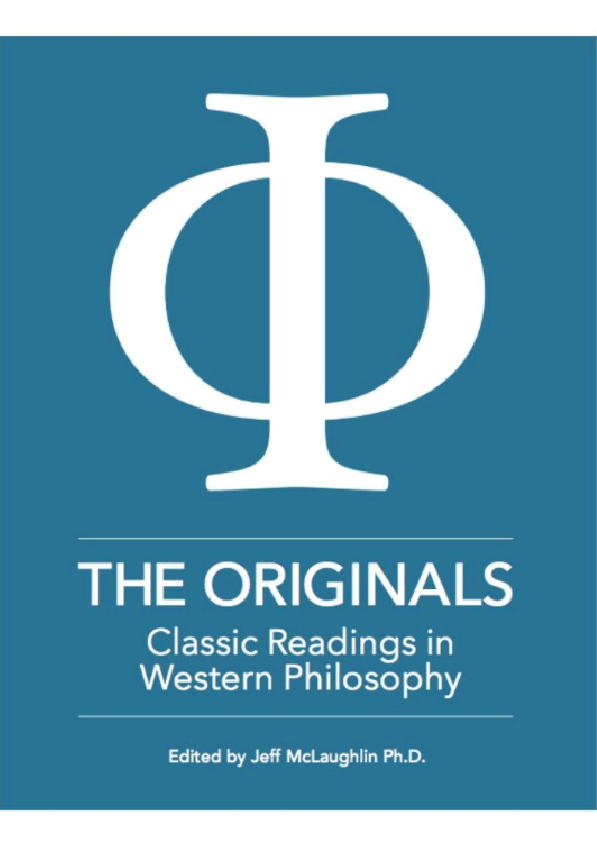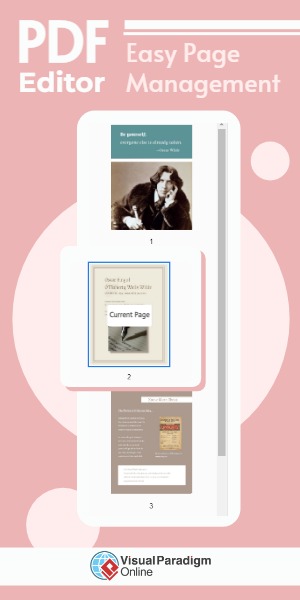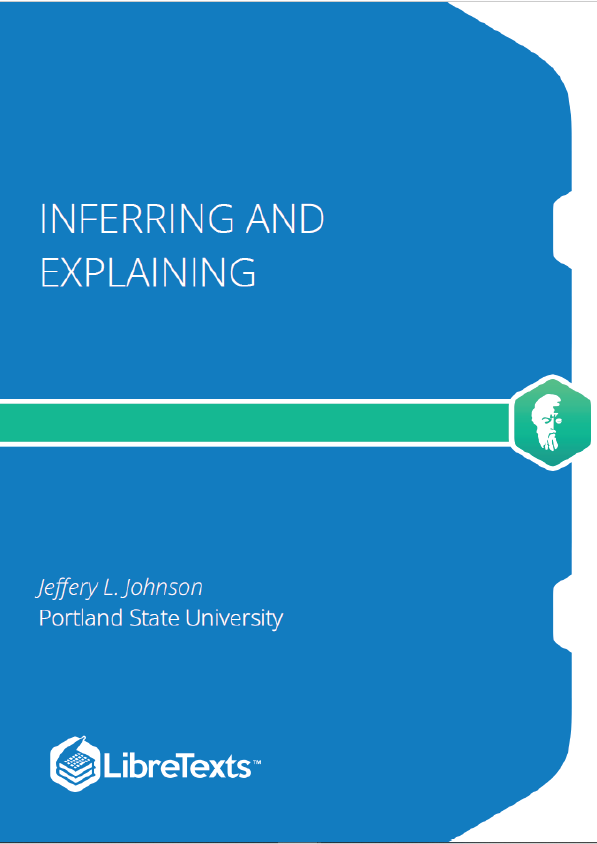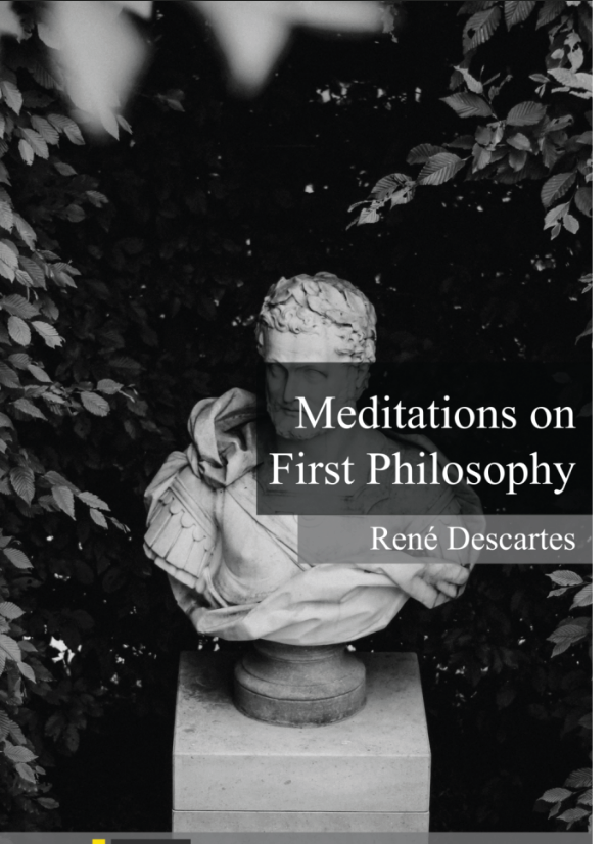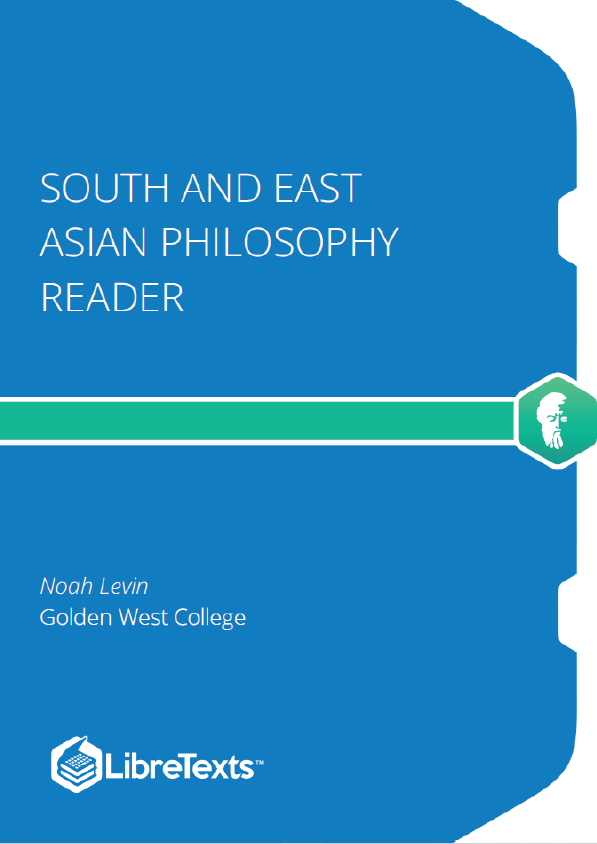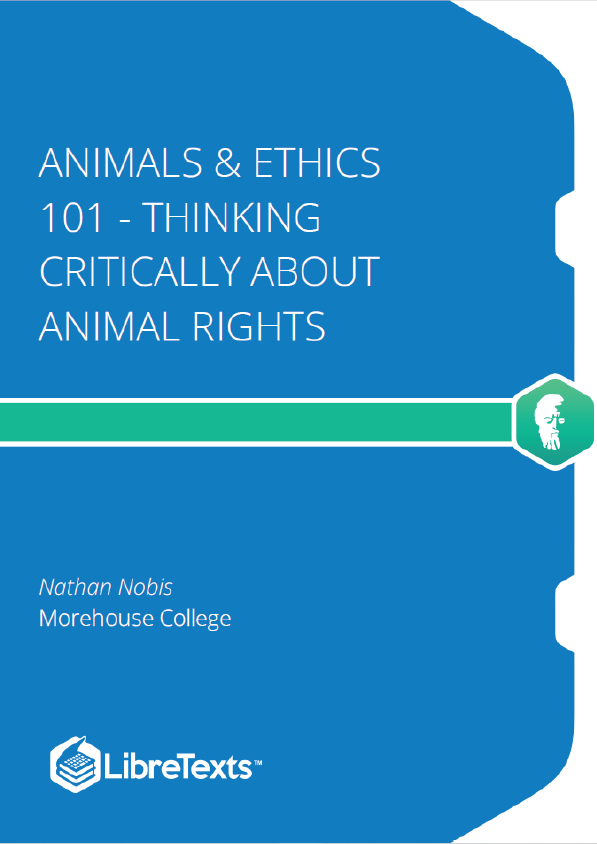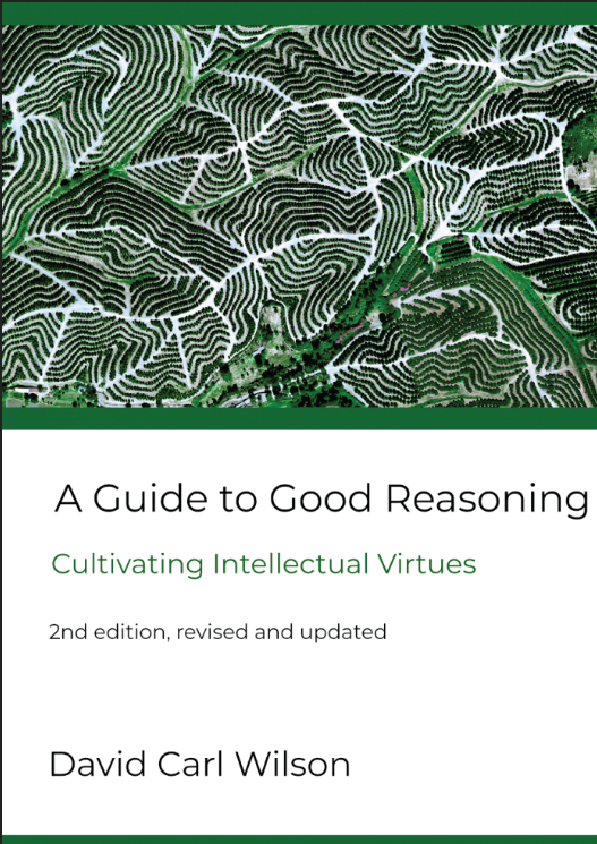It is important for students not only to get an appreciation and understanding of philosophy but also to be exposed to the very words and ideas of those who have shaped our thinking over the centuries. Accordingly, the title of this collection hints at the facts that these readings are from the original sources and that these philosophers were the originators of many of the issues we still discuss today.
Major areas of philosophy covered here are: Ethics, Epistemology, Metaphysics, Philosophy of Religion, Ethics, Socio-Political Philosophy, and finally, Aesthetics.
Although I’ve chosen copyright free pieces that would be used in a typical Introduction to Philosophy class you may wish to personalize it (or modernize it) with supplementary readings. Furthermore, while you can obviously choose whatever texts you want to examine and in any order, each chapter is directly or indirectly connected to the next one. For example, we move from the basic issues in chapter one regarding knowledge and how one can know to consider claims about what we know to exist in chapter two. Then, when students are familiar with those topics we move on to consider the ‘big question’ that many students have (or at least often associate with philosophy), namely, “Does God exist?” Since religious beliefs are often tied to how one lives one’s life, Ethics is the focus of the next chapter. We move from talking about the individual doing the right thing or good thing to presenting works regarding collective behaviour and the good of society. Lastly we examine the good as beauty.
The selections herein within these six fields are presented in chronological order so that a very rough timeline of intellectual thought is captured. Add to this that some of the philosophers are included more than once, you can also order your selections under the themes of ‘Some Great thinkers in Western Philosophy’ or ‘An Incomplete History of Philosophy’.
Before jumping into the main chapters, both Russell’s “The Value of Philosophy” and Plato’s “Apology” are useful for students to get a good sense of what philosophy is and why we do it. Reading Plato may be a bit of a challenge for newcomers so I recommend you to have the students read “How to do philosophy”.
How to Attend Class
If you are a new university or college student, it can sometimes be difficult to get the most out of attending class without being overwhelmed. In what follows, I’m going to assume you are in a physical classroom with other students. If you’re taking a philosophy course online, you can just skip over this part.
A traditional classroom environment will find you sitting down, and your instructor standing at the front of the class lecturing. At one extreme, your approach to what you hear might be trying to write down every single word that your instructor utters. This is a bad strategy, since it doesn’t allow you any time to digest any of the material, and copious notetaking doesn’t distinguish between what is important and what isn’t. At the other extreme, you might just sit back and try to absorb what you hear. Of course, this is also problematic, for the moment you leave the room you’re almost guaranteed to forget everything since you have to move on to whatever else you have planned for the day.
